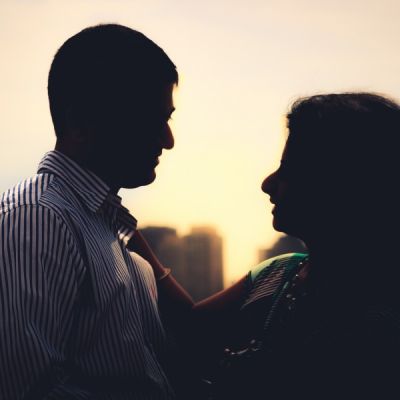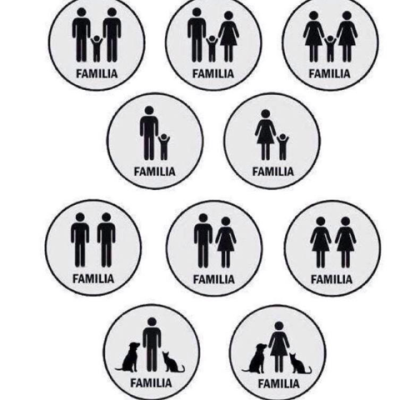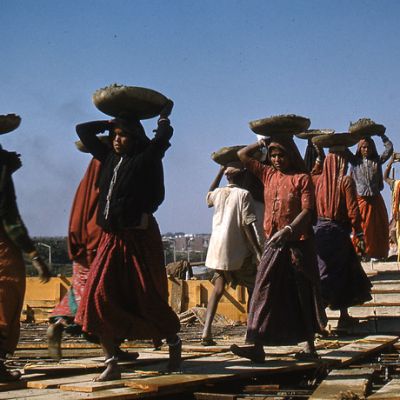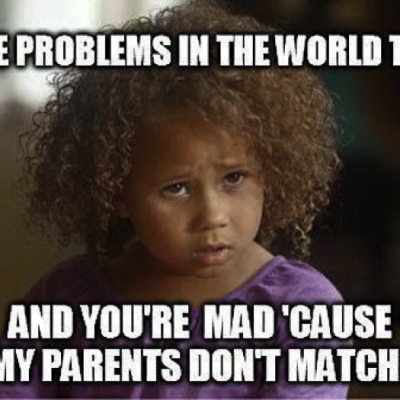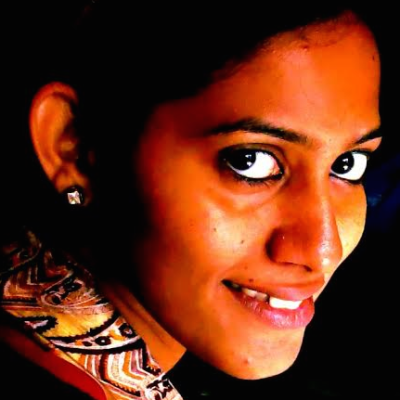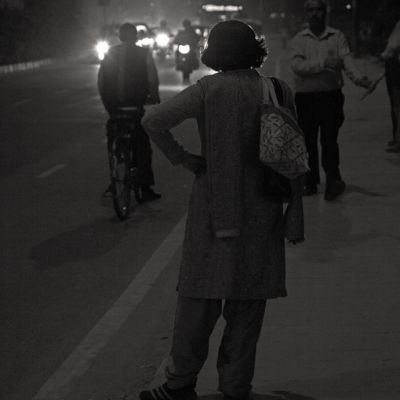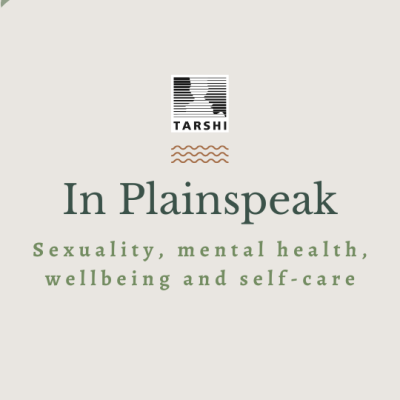Marriage
The only hitch was that neither the agents nor the landlords who lurked behind those rentable flats were particularly keen on leasing their precious properties to a – what! Divorcee??!! No, no, madam, but this flat is only for families.
एक मानवशास्त्रीय दृष्टिकोण से बॉलीवुड की फ़िल्मों में वर्ग और जेंडर के मुद्दों के चित्रण पर ग़ौर करना केथ्रीजी जैसी फ़िल्मों पर नई आलोचनाओं को बढ़ावा देता है।
Nathicharami takes sexuality and sexual desire away from upper-class, Gucci-clad women and makes its viewers acknowledge its existence in the lives of women (middle-class wives and widows, in the case of this film) who are invisibilised, both in the society they live in and as subjects of popular content.
हमें इस तरह से ढाला गया है कि तथाकथित ‘विकल्प’ जो हमारे संबंधों को परिभाषित करते हैं, वे भी हमारे लिए हुए विकल्प नहीं बल्कि समाज द्वारा सृजित हैं। हालाँकि, जैसा कि हमने देखा है, इन सभी चुनौतियों के बावजूद, महिलाएँ, जब वे खुद को व्यक्तियों के रूप में महत्वपूर्ण मानने लगती हैं, तो वे अपने परिवेश और परिवार के सदस्यों के साथ बातचीत करने की रणनीति तैयार करती हैं।
यूँ तो विवाह और उससे जुड़े महिलाओं के ‘स्थान परिवर्तन’ को ‘प्रवसन’ का दर्ज़ा दिया ही नहीं जाता है, इसको एक अपरिहार्य व्यवस्था की तरह देखा जाता है जिसमें पत्नी का स्थान पति के साथ ही है, चाहे वो जहाँ भी जाए। पूर्वी एशियाई देशों में, १९८० के दशक के बाद से एक बड़ी संख्या में महिलाओं के विवाह पश्चात् प्रवसन का चलन देखा गया है जिन्हें ‘फॉरेन ब्राइड’ या विदेशी वधु के नाम से जाना जाता है।
इस बात के अनेकों कारण हो सकते हैं कि महिलाएँ बच्चे क्यों नहीं चाहती हैं, ठीक वैसे ही जैसे इस बात के अनेकों कारण है कि वे बच्चे क्यों चाहती हैं। बच्चे होने के कारणों को सामान्य करार दिया जाना जबकि बच्चे ना होने की इच्छा को ‘सामान्य से अलग’ माना जाना, शर्मिंदा किया जाना और संदिग्ध की तरह करार दिया जाना, सभी के लिए नारीत्व का ‘एक ही अर्थ’ बनाने वाले है।
आज के समय में जब विश्व में एक स्थान से दूसरे स्थान पर जाने की घटनाएँ बढ़ी हैं और सामाजिक मान्यताओं में भी बदलाव आया है, ऐसे में केवल विवाह ही, महिलाओं के एक जगह से दूसरी जगह प्रवास करने का एकमात्र कारण नहीं रह गया है।
Both of us, have recently, decided to get married and will be in a marriage that I like to call a subversive marriage. Subversive marriages are based on an uncompromising equality and negotiations that serve for the betterment of both the partners.
दीपा रंगनाथन द्वारा मैं एक २६ वर्षीय महिला हूँ। क्या इसमें कुछ भी अद्भुत है? शायद नहीं। पर २६ वर्ष…
I believe that queer friendships and intimacies are sheer resistance, which not only swallow the despair and pain that might be perpetrated on gender-nonconforming people by their families, but also recognise all the lies about love that have been sold to us.
Invitation cards had been printed. Her parents wanted to get the best of everything for her. She knew that all this generosity came more out of them trying to put up appearances than out of their love for her. Instead of trying to make sense of it all, or to reason with them, she was told to just enjoy this special life event. Once the whole family had arrived, all of her father’s financial worries and her mother’s emotional ones got drowned in the festivities that took place each night. The bright strings of lights flickered all around the house, announcing the upcoming marriage to the world.
I love children and have at various times in my life flirted with the idea of adoption. But I have known since I was a child that I did not want to birth children. I have never been vague or ambivalent about this decision. I have been consistently clear and concise that this is not my calling.
By the end of the evening, the room was suffused with the celebration of singlehood, rather than any explanation or apology for it. It appeared that the solitary life was envied and extolled by those who have opted out of it as well as many who haven’t.
They were stranded together on an island, the only two English-speaking writers at a conference (this somehow happens in Berkeley). They have wild and instant intimacy of the kind where you tell each other everything. It’s the kind of friendship in which you want to be together all the time, the world is not enough, the day is not long enough to give you all the time you want with your friend.





